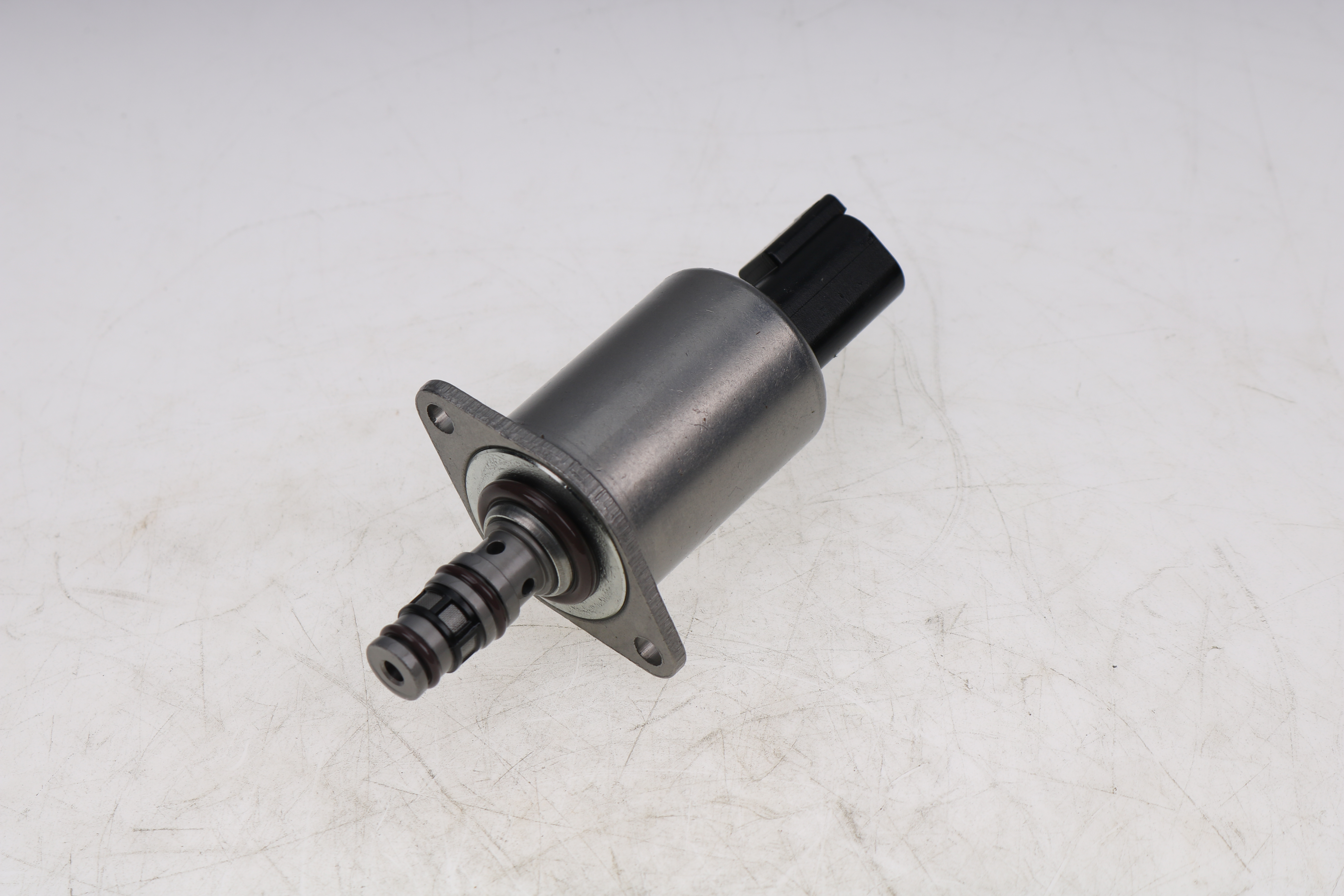Selecting the right hydraulic proportional valve is essential for optimizing your equipment's performance and efficiency. Here's a refined guide to help you make the best choice.
Understand Your System Requirements
-
Flow Rate and Pressure: Identify the maximum flow rate and pressure your system requires. Ensure the valve can handle these specifications without compromising performance.
-
Load Characteristics: Consider the type of load (constant, variable, or dynamic) your equipment will encounter. This will influence the valve's response and control capabilities.
Evaluate Environmental Conditions
-
Temperature Range: Ensure the valve operates effectively within the temperature range of your application.
-
Contaminant Exposure: Choose a valve that withstands exposure to dust, dirt, and other contaminants if necessary.
Consider Integration and Compatibility
-
System Compatibility: Verify that the valve is compatible with your existing hydraulic system, including connections and control interfaces.
-
Ease of Installation: Look for valves that are straightforward to install and integrate into your system.
Assess Control and Performance Features
-
Precision and Responsiveness: Opt for valves that offer high precision and quick response times to ensure smooth operation.
-
Control Options: Consider whether you need manual, electronic, or remote control capabilities based on your operational needs.
Factor in Maintenance and Reliability
-
Durability: Choose valves made from high-quality materials that offer long-term reliability and reduce maintenance needs.
-
Serviceability: Consider the ease of maintenance and availability of replacement parts to minimize downtime.
Budget and Cost Considerations
-
Initial Cost vs. Long-Term Value: While initial cost is important, consider the long-term value and efficiency gains from a high-quality valve.
-
Energy Efficiency: Energy-efficient valves can lead to significant cost savings over time.
Conclusion
Selecting the right hydraulic proportional valve involves understanding your system's specific needs, environmental conditions, and integration requirements. By considering these factors, you can enhance the performance, efficiency, and longevity of your equipment. Making informed decisions ensures optimal functionality and minimal downtime.
Thomas is a well-known manufacturer specializing in the production of various types of solenoid valves and other fluid control products. Thomas solenoid valves are commonly used in hydraulic systems, pneumatic systems, medical equipment, the automotive industry, and and other industrial applications. Our main products of Thomas are proportional valves and hydraulic valves.
Click on the image below to explore our Thomas products.


